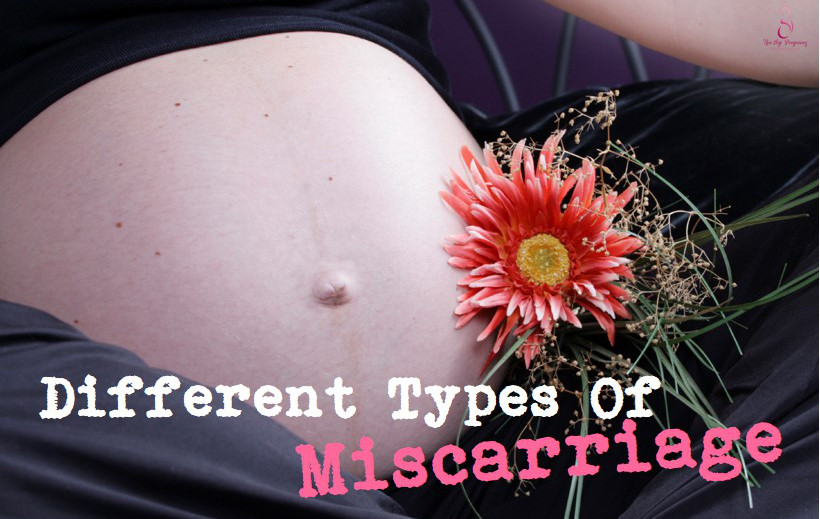
A miscarriage happens when the pregnancy is lost spontaneously before 28 weeks (under Singapore’s terminology). The term abortion can be used interchangeably with miscarriage. However, miscarriage tends to be more common in the first trimester (before 12 weeks).
The most common symptom that would alert us to a possible miscarriage is Vaginal Bleeding.
Threatened Miscarriage
Usually, an ultrasound is done to check for fetal viability. If the fetal’s heart beat is present and there is no significant abdominal cramps, the condition is termed as a threatened miscarriage. 90% of these cases progress on to delivery healthy babies. Should there be strong abdominal cramps as well as vaginal bleeding, it is usually more worrisome. That can result in an inevitable abortion as the uterine contractions can cause the expulsion of the pregnancy.
Missed Abortion
In some situations, there may be no signs and symptoms at all and the fetal heart may be found to be absent during a routine check up. This is termed as a missed abortion. Usually there is also a discrepancy in the size of the embryo as compared to the supposed duration of the pregnancy.
Blighted Ovum
Sometimes the miscarriage can happen very early during the pregnancy. A sac may form in the womb but the embryo does not develop subsequently. This is called a blighted ovum.
Causes and incidence
Miscarriages may be more common than we think as there could be some miscarriages that happen so early without the woman realizing that she is even pregnant. However for the known cases of miscarriage, the incidence is about 10-20 %.
The most common reason is usually a genetic or chromosomal abnormality of the developing embryo. This is usually not related to an inheritable condition from the parents but a spontaneous occurrence as the embryo is developing or from an abnormal egg or sperm that was fertilized. If mother also has uncontrolled medical conditions like diabetes, thyroid disease, it can also result in miscarriage.
Other causes include:
Infections
Exposure to radiation or certain medications
Advanced maternal age
Uterine abnormalities or due to a trauma
Cigarette smoking
Illicit drug use
Treatment
Usually, your gynae would advise a D&C to clean up the uterus after the diagnosis is made. This is a procedure that is done as a day surgical case and usually, you would be able to go home after the procedure on the same day.
Complications of the procedure would include:
Infection(5%)
Perforation of the womb(<0.1%)
Bleeding(5-10%).
However, the chances of these complications happening is not high.
The next period usually resumes in 1-2 months after the procedure which means that the hormones are back to the routine again. Physically your body also recovers very quickly. You can get pregnant soon after a miscarriage. There is no evidence to suggest that the outcome is any better if you were to wait 6 months or longer.
By Dr Choo Wan Ling
Obstetrician & Gynaecologist
Practice Address:
SOG – Choo Wan Ling Clinic for Women
6 Napier Road #08-14/15/16
Gleneagles Medical Centre
Singapore 258499
Tel: 6471 1233 Fax: 6471 1088
Website: www.sog.com.sg






